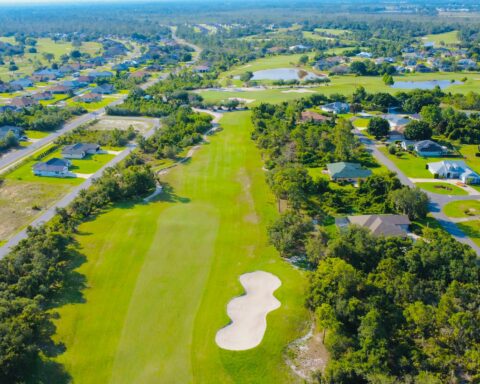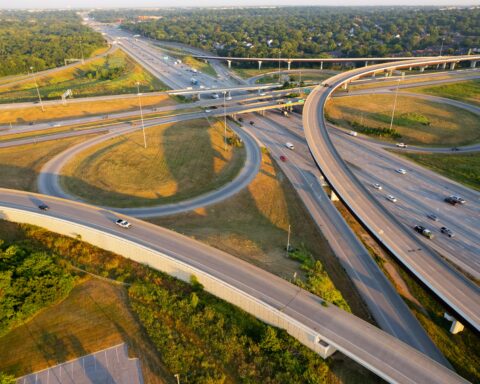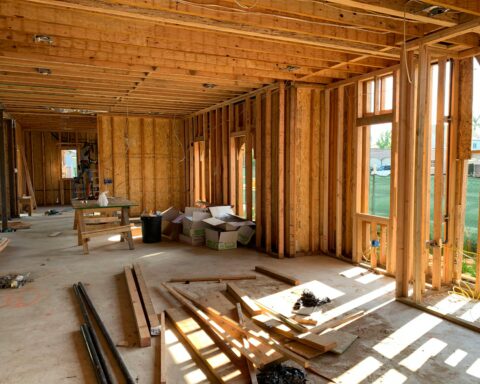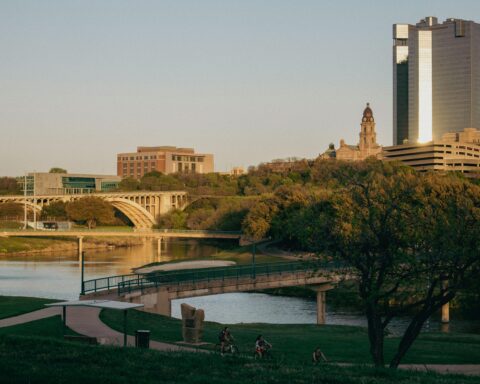The U.S. Department of Transportation (DOT) is making more than $600 million in grants available for projects that will reconnect communities that were divided by past transportation infrastructure decisions, such as freeways cutting through urban areas.
This funding, part of the Reconnecting Communities Pilot Program, will support both capital construction and community planning initiatives across the country. The application deadline is Sept. 30, 2024.
In a press release, Transportation Secretary Pete Buttigieg underlined the importance of this funding.
“We’re addressing infrastructure choices of the past and making sure that our transportation investments serve to connect, rather than divide, people and communities across the country,” Buttigieg said. “This funding will support projects that bring people closer to jobs, schools, housing, places of worship, and one another.”
The Reconnecting Communities Pilot Program, now in its third round, funds a variety of locally driven projects. These may include interstate caps, highway removals, complete streets initiatives that prioritize safety among all transportation modes and Main Street revitalizations.
The program has received funding from passage of the Infrastructure Investment and Jobs Act in 2021, with $3.3 billion supporting 176 communities so far. The goal is to restore the urban fabric of communities that were fragmented by major infrastructure projects in the past, particularly during the era of interstate highway construction.
Transportation infrastructure plays a crucial role in shaping American communities. While the interstate highway system revolutionized travel and commerce, its construction often came at a heavy cost to established neighborhoods, particularly in urban areas and communities of color. Many cities saw vibrant districts bisected by elevated highways or wide arterial roads. With reduced connectivity came economic decline, reduced and diminished quality of life for residents. The funding aims to address these historical inequities by enabling projects that reconnect and revitalize affected areas.
Previous rounds of funding have already supported significant projects across the nation. In Atlanta, a grant will fund construction of a multi-use trail to connect schools, hospitals and employment hubs with Metropolitan Atlanta Rapid Transit Authority rail stations. This project, known as Reconnecting Atlanta’s Southside Communities: Atlanta BeltLine to Flint River Trail, aims to bridge the divide created by the construction of Interstate 85, I-285 and GA-166 around Hartsfield-Jackson Atlanta International Airport.
Birmingham, Alabama, received funds for a project called Reconnecting 4th Ave N: A Two-Way Vision for Reviving Legacy and Inspiring Progress. This initiative involves a 15-block redesign of Birmingham’s historic Black Main Street, once a thriving hub of businesses and community life. The project will convert the road from one-way to two-way traffic, aiming to revive the access and connectivity that helped the community flourish before its conversion in the 1970s. The funding will also reconnect downtown neighborhoods and businesses divided by the construction of Interstate 65 in the 1960s.
In Portland, Oregon, the I-5 Rose Quarter Improvement Project will construct a highway cover over Interstate 5, creating new community space and future development opportunities. This project aims to reconnect the Lower Albina neighborhood with local streets and key destinations across I-5.
Meanwhile, in Syracuse, New York, the I-81 Viaduct Project takes a different approach by removing parts of I-81 to transform the surrounding neighborhood. It includes plans for reconnecting streets, constructing two new parks, and developing a new Canal District.
The program has seen high demand in previous rounds, with applications significantly exceeding available funds. Communities that are interested in the program but not yet ready to submit a full application can request free technical assistance through DOT’s Reconnecting Communities Institute or the Thriving Communities program.













